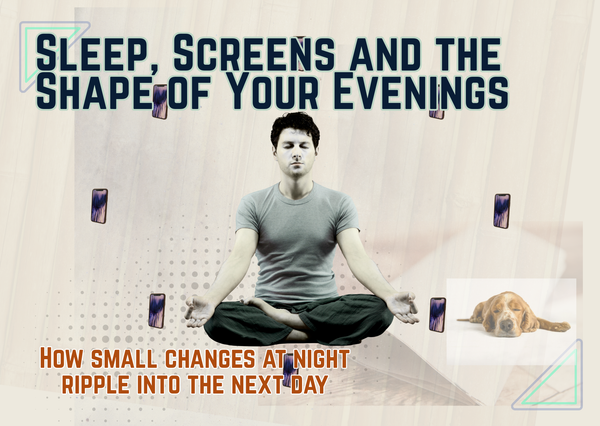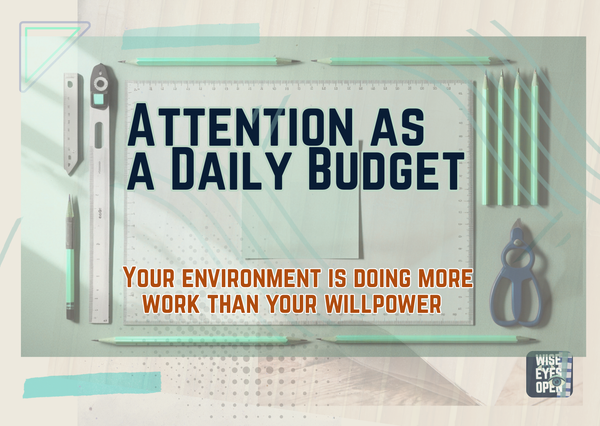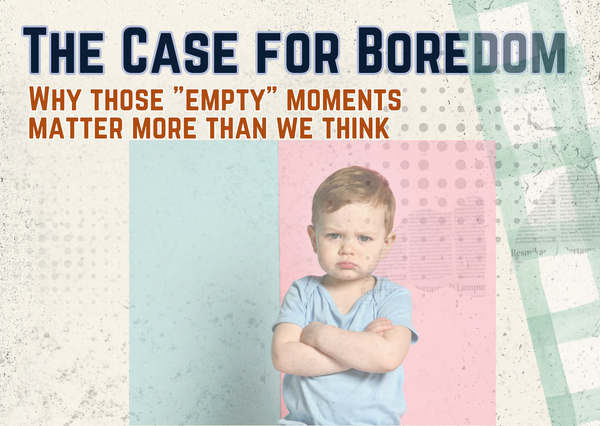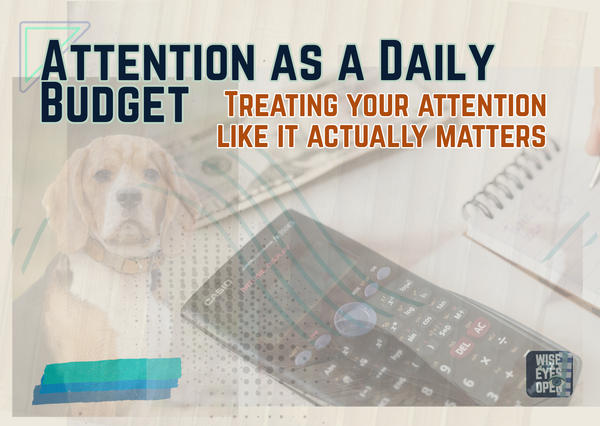When the Odds are Stacked: and finding a way to win
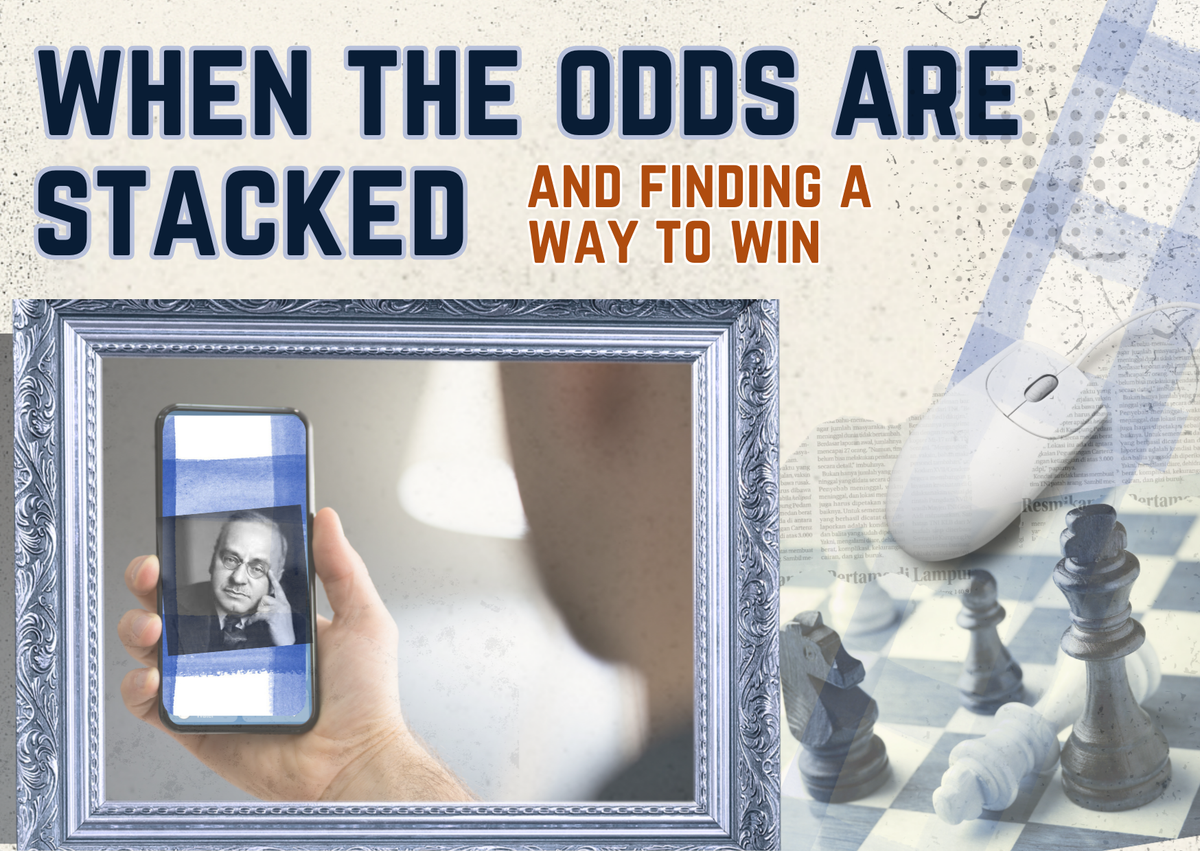
The odds are stacked against us. Tech giants spend billions studying how to capture our attention, and to make things worse, they've got the perfect side-kick to help them: human psychology itself.
me: "So what chance have we got?"
world: "f*ck all!"
me: "ok, I'll take it!"
world: *rolls eyes and checks Instagram feed*
Let me clear up where I'm going with this...
In my recent deep dive into all things digital wellbeing, I stumbled across Austrian psychologist Alfred Adler and his theories immediately hit home with conviction. Adler (1870-1937) proposed that we are all subject to feelings of inferiority at some point in our early lives. We try to compensate for these feelings by striving to “be better,” not necessarily over others, but to overcome limitations and feel secure, significant, or powerful.
Adler argued that If someone feels weak, they may compensate through achievement, control, or validation-seeking. Overcompensation can lead to unhealthy patterns. Healthy striving can flow to community and social contribution, while unhealthy striving isolates us and keeps us stuck in compensatory cycles.
Our relationship with technology and in particular the control our devices can have over us, can be understood through Adler’s lens: we use our devices as a way to temporarily manage feelings of inferiority and to strive for superiority, albeit artificially. A good photo helps us feel admired, endless scroll feeds our need for validation or we can lose ourselves in a game where victory helps us sense achievement.
So instead of overcoming these feelings in constructive, real-life ways, we can remain trapped in cycles of avoidance and overcompensation. We stay inside a digital comfort zone rather than confronting growth opportunities offline.
In short, we feel a bit rubbish about ourselves and turn to our devices and social media for a pick-me-up. That pick-me-up can turn against us by creating a safe zone for us which, over time further deepens our sense of feeling rubbish about ourselves. And the cherry on the cake is that we get an illusion of progress through notifications, endless knowledge and "connection" which replaces the need to get out of our inferiority inspired funk.
Of course the big-tech tech-bros understand exactly how we tick; what makes us work and what makes us not. They know with every micro-movement of their mouse that their strategic design choices are used in a way that prioritises engagement over wellbeing laying the foundations for Adler's theories to simply run their course. They set things up so that the odds are stacked in their favour the majority of the time at our expense, our that of our children and all around us.
world: "so why fight it dumbass!?"
me: "because this is not how it was meant to be and finding ways to stand up for ourselves through learning, working together and taking action to build healthy relationships with technology is the pretty much the most important thing we can do right now."
world: "bruh!"

